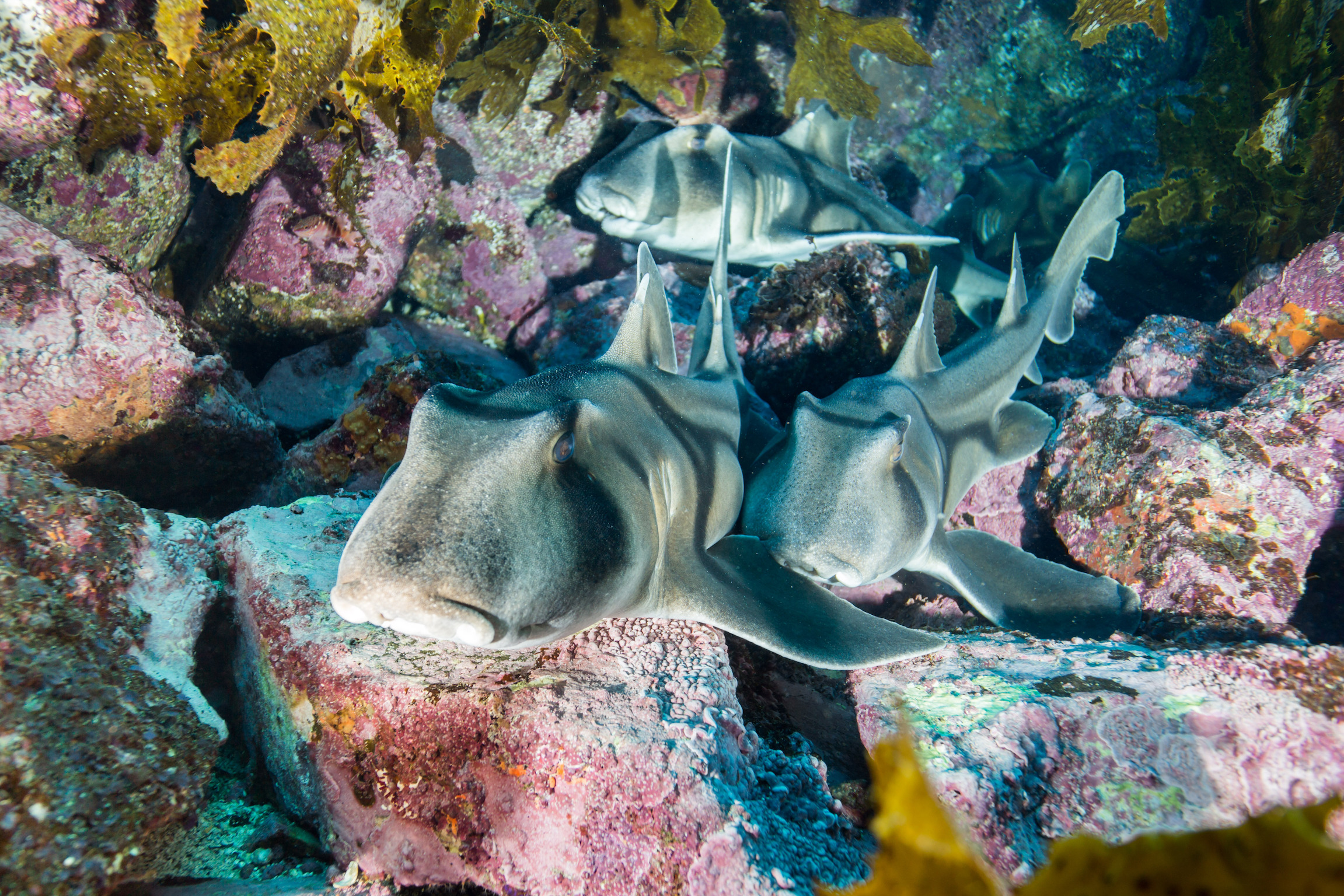
Sharks are smarter than you think, can associate music with food
Sharks are smarter than you think, can associate music with food. A new study has found that sharks are not just mindless predators driven purely by instinct, but rather, they are intelligent and can even learn to associate signals or sounds with food rewards.
The study was conducted by researchers from the Macquarie University Fish Lab who trained young Port Jackson sharks to make a connection between jazz music and food.
Published in the journal Animal Cognition, the results provide new insight into the intelligence and learning abilities of sharks.
Previously, it was suggested that sharks could potentially be conditioned to associate sounds with food as sound plays such a critical role for fish in aquatic environments.
Fish are highly sensitive to sounds like boat engines and other fish nearby which can help protect against predators or reveal where prey is located.
“Sound is really important for aquatic animals, it travels well under water and fish use it to find food, hiding places and even to communicate,” said Catarina Vila-Pouca, the study’s lead author.
The researchers tested this idea by training the baby sharks to swim to a designated feeding station for a reward when they heard jazz music.
“Sharks are generally underestimated when it comes to learning abilities – most people see them as mindless, instinctive animals,” said Vila-Pouca. “However, they have really big brains and are obviously much smarter than we give them credit for.”
Even though the sharks picked up on the jazz cue quickly, when the researchers tested to see if the sharks could learn the difference between jazz and classical music, the sharks were not sure where to go for their reward.
The researchers tried to have the sharks associate different feeding stations with the two different genres, but this proved a difficult task for the young sharks.
“It was obvious that the sharks knew that they had to do something when the classical music was played, but they couldn’t figure out that they had to go to a different location,” said Culum Brown, leader of the Fish Lab. “Perhaps with more training they would have figured it out.”
The study puts sharks in a different light and the researchers hope that understanding more about how sharks can learn and behave will help with conservation efforts.
—
By Kay Vandette, Earth.com Staff Writer












